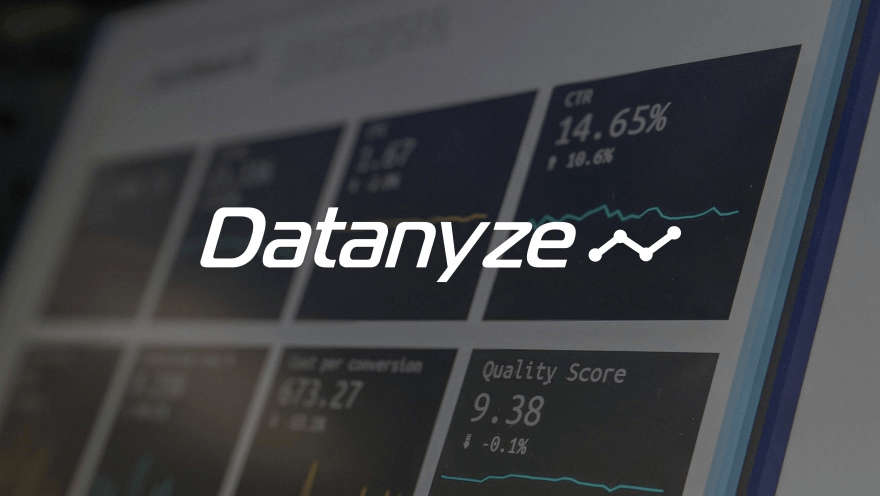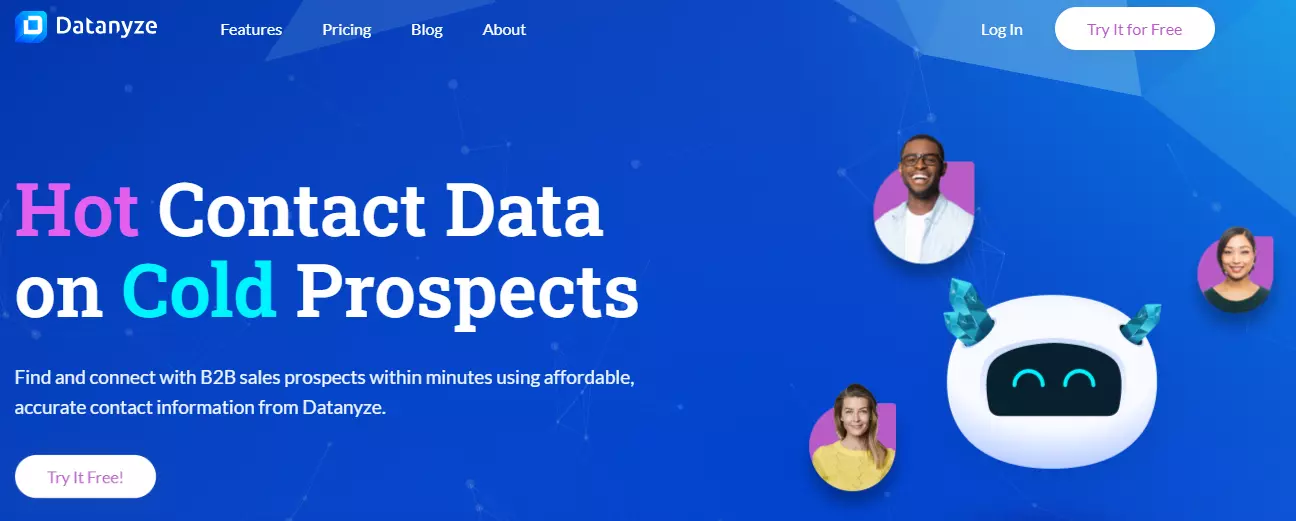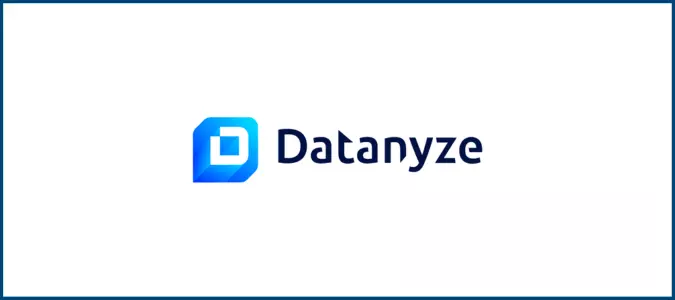
In the ever-evolving landscape of sales and marketing, having access to accurate data and insights is paramount to success.
Datanyze is a leading provider of technographic data, empowering businesses to gain a competitive edge by leveraging information about the technology stack used by companies worldwide.
In this comprehensive overview, we'll delve into the intricacies of Datanyze, exploring its features, applications, and impact on the B2B landscape.
What is Datanyze?

At its core, Datanyze is a technographic data platform that specializes in providing insights into the technology infrastructure utilized by businesses across various industries.
By analyzing website technologies, software installations, and other digital footprints, Datanyze offers valuable information about the tools, technologies, and platforms employed by companies worldwide.
3 Key Features of Datanyze

Datanyze offers a wide range of features and functionalities designed to meet the diverse needs of sales, marketing, and business development professionals. Some of the key features include:
1. Technographic Data
Datanyze's technographic data encompasses information about the technology stack used by companies, including web technologies, software installations, and more.
This data enables businesses to identify prospects based on their technology preferences and needs.
2. Lead Generation
With Datanyze, users can generate high-quality leads based on technographic criteria, such as technology usage, industry vertical, and company size.
This allows businesses to target prospects more effectively and tailor their messaging to resonate with their specific needs and interests.
3. Account Scoring and Prioritization
Datanyze offers account scoring and prioritization features that help users identify the most promising prospects and prioritize their outreach efforts accordingly.
By analyzing technographic data and other relevant factors, Datanyze assigns scores to accounts based on their likelihood to convert, enabling sales teams to focus their efforts on the most valuable opportunities.
4. Integration with CRM and Sales Tools: Datanyze integrates seamlessly with leading CRM and sales tools, such as Salesforce, HubSpot, and Outreach, allowing users to access technographic data directly within their existing workflows. This streamlines the lead generation and sales process, enabling more efficient and effective prospecting.
Pros & Cons of Datanyze
Here are the main pros and cons of Datanyze based on customer reviews.
Pros of Datanyze
1. Technographic Data Insights: Datanyze provides valuable insights into the technology stack used by companies worldwide, enabling businesses to tailor their sales and marketing efforts based on their prospects' technology preferences and needs.
2. Lead Generation: The platform allows users to generate high-quality leads based on technographic criteria, such as technology usage, industry vertical, and company size, facilitating more targeted and effective prospecting.
3. Account Scoring and Prioritization: Datanyze offers account scoring and prioritization features that help users identify the most promising prospects and focus their outreach efforts on the most valuable opportunities.
4. Integration with CRM and Sales Tools: Datanyze integrates seamlessly with leading CRM and sales tools, streamlining the lead generation and sales process and enabling users to access technographic data directly within their existing workflows.
5. Competitive Intelligence: Datanyze enables businesses to gain insights into the technology landscape of their competitors, allowing them to identify opportunities for differentiation and competitive advantage.
Cons of Datanyze
1. Cost: Datanyze's pricing may be prohibitive for some businesses, particularly smaller organizations with limited budgets.
2. Learning Curve: The platform may have a steep learning curve for new users, requiring time and effort to fully understand its features and capabilities.
3. Data Accuracy: While Datanyze strives to provide accurate and up-to-date data, there may be instances of inaccuracies or outdated information, which could impact the effectiveness of sales and marketing efforts.
4. Limited Coverage: Datanyze's data coverage may be limited in certain regions or industries, which could restrict its usefulness for businesses operating in those areas.
5. Dependency on External Factors: Datanyze's data collection relies on external factors such as website scanning and software installations, which may be subject to limitations or inaccuracies beyond the platform's control.
What is Datanyze Used for?
Datanyze finds applications across various industries and uses cases, including:
1. Sales Prospecting: Sales teams use Datanyze to identify and qualify prospects based on their technology stack and other relevant criteria. By targeting companies using specific technologies or platforms, sales reps can tailor their outreach efforts and increase their chances of success.
2. Account-Based Marketing (ABM): Marketers leverage Datanyze to identify high-value accounts and personalize their marketing campaigns based on the technology preferences and needs of their target audience. This enables more effective account-based marketing strategies and higher conversion rates.
3. Competitive Intelligence: Businesses use Datanyze to gain insights into the technology landscape of their competitors and identify opportunities for differentiation and competitive advantage. By analyzing the technology usage patterns of competitors, companies can refine their product offerings and marketing messaging to better meet the needs of their target market.
Final Thoughts on Datanyze Reviews
Datanyze is a powerful tool for businesses looking to gain a competitive edge in the B2B marketplace.
With its comprehensive technographic data, advanced features, and seamless integration with CRM and sales tools, Datanyze empowers sales and marketing teams to identify, qualify, and convert prospects more effectively.
As businesses continue to embrace data-driven strategies, Datanyze is poised to play a central role in shaping the future of sales and marketing in the digital age.

